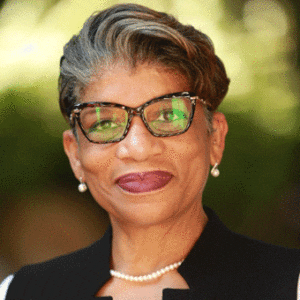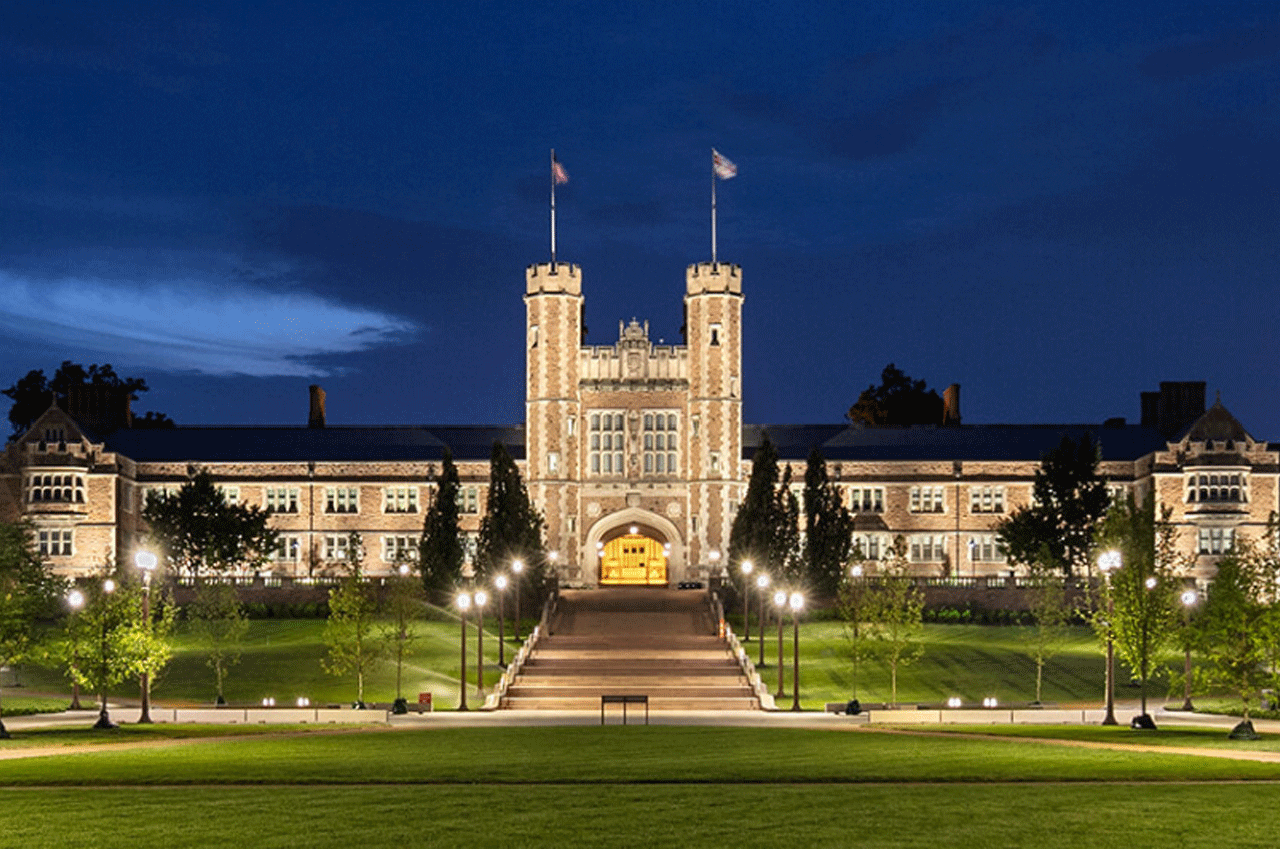The Ombuds Team: An Independent and Confidential Resource for WashU Staff
Confidential. Independent. Impartial. Informal.
The term “ombuds” (pronounced “ahm–buhds”) comes from a Swedish term meaning “a person who has an ear to the people.”
WashU has two ombuds, Cris Gilbert and Scott Deyo, (see bios below) who are available to work with staff, postdocs, and graduate students to surface and resolve university-related issues. The ombuds are an independent, impartial, confidential and informal resource for the WashU community. The ombuds supplements but does not replace WashU’s formal administrative channels.
Here are some Frequently Asked Questions (FAQs) about the ombuds function:
- What does an ombuds do?
- What does an ombuds not do?
- Who can use the ombuds team service?
- What types of concerns are brought to the ombuds team?
- What happens when you contact a member of the ombuds team?
- What might I gain by contacting a member of the ombuds team?
- What authority does the ombuds team have?
- What happens to information provided to a member of the ombuds team?
- Should I contact the ombuds team to give notice to WashU?
- How does the ombuds team remain impartial?
- Will the ombuds team participate in formal meetings?
- How is the ombuds team unique and different from other resources at WashU?
- Are there some things that will not be kept confidential?
- Will the ombuds team talk to my attorney or testify for me or for the university if I choose to file a grievance or lawsuit?
- Can the user of the ombuds team services remain anonymous?
- What if my question is not listed here?
About the Ombuds Team at WashU:
WashU staff, postdocs and graduate students should contact one of the ombuds below to discuss concerns and options for resolution.
 LaCrisia “Cris” Gilbert (cris-ombuds@mwi.org) is a member of MWI’s ombuds panel and has served as both an organizational and advocate ombuds. Her ombuds career started in 2012 as an advocate ombuds in the State of Texas where she advocated for residents in long-term care and assisted living facilities, working with closely with regulatory and individual facilities and their administrations. Utilizing over 30 years in the ADR field as a mediator, facilitator (specializing in Faith-based organizations), professor and trainer, Cris was instrumental in resolving conflicts at all levels from family, civil court cases to facility issues. Cris has served as an organizational ombudsman with a university, assisting faculty, staff, and students as well as training compliance investigators in mediation, conflict resolution, and DEI initiatives for the organization. She has also worked as a facilitator, assisting HR and Compliance with informal resolutions. She serves in Diversity, Equity and Inclusion (DEI) on two campus initiatives (the President’s DEI Council and Social Justice, Equity and Inclusion Council). Book a time to talk with Cris by sending an email to (cris-ombuds@mwi.org).
LaCrisia “Cris” Gilbert (cris-ombuds@mwi.org) is a member of MWI’s ombuds panel and has served as both an organizational and advocate ombuds. Her ombuds career started in 2012 as an advocate ombuds in the State of Texas where she advocated for residents in long-term care and assisted living facilities, working with closely with regulatory and individual facilities and their administrations. Utilizing over 30 years in the ADR field as a mediator, facilitator (specializing in Faith-based organizations), professor and trainer, Cris was instrumental in resolving conflicts at all levels from family, civil court cases to facility issues. Cris has served as an organizational ombudsman with a university, assisting faculty, staff, and students as well as training compliance investigators in mediation, conflict resolution, and DEI initiatives for the organization. She has also worked as a facilitator, assisting HR and Compliance with informal resolutions. She serves in Diversity, Equity and Inclusion (DEI) on two campus initiatives (the President’s DEI Council and Social Justice, Equity and Inclusion Council). Book a time to talk with Cris by sending an email to (cris-ombuds@mwi.org).
 Scott Deyo, (scott-ombuds@mwi.org and 703-887-2687) has nearly three decades of experience in academia, non-profit, and federal sectors as an ombuds, mediator, and trainer. He is an expert at helping organizations build and sustain community-centered cultures that focus on people, their interconnected journey together, and their ability to accomplish great things through collaboration and dialogue. For a decade, Scott was a certified mediator and mentor through the Virginia Supreme Court, and has retained his Certified Organizational Ombuds Practitioner (CO-OP)® credential since March 2010.
Scott Deyo, (scott-ombuds@mwi.org and 703-887-2687) has nearly three decades of experience in academia, non-profit, and federal sectors as an ombuds, mediator, and trainer. He is an expert at helping organizations build and sustain community-centered cultures that focus on people, their interconnected journey together, and their ability to accomplish great things through collaboration and dialogue. For a decade, Scott was a certified mediator and mentor through the Virginia Supreme Court, and has retained his Certified Organizational Ombuds Practitioner (CO-OP)® credential since March 2010.
Scott has mediated over 250 employment-related disputes, and has been an ombuds in six organizations, including the University of North Carolina at Charlotte (serving faculty, staff, and graduate students), U.S. Green Building Council, U.S. Department of Energy, National Park Service, National Geospatial-Intelligence Agency, and Department of Defense Office of Inspector General. Within these organizations, Scott helped 4,500 people explore resolution options for 18,000 workplace issues. Within academia, Scott’s interventions helped enable productive dialogue and problem-solving on complex issues, including academic freedom, curriculum change processes, lab operations, faculty workloads, authorship, and other unique challenges faced by staff and senior administrators.
As a champion for advancing the ombuds field, Scott is the former Chair, Coalition of Federal Ombuds, and is currently involved with the UNC system Ombuds group, the broader NC ombuds community, and the East Coast Ombuds Group. He also serves as Chair of the CO-OP® Board’s Professional Practices Committee, which upholds the highest levels of professional standards of certified ombuds. Scott has a master’s degree from George Mason University’s Carter School for Peace and Conflict Resolution (2001) and a bachelor’s in psychology (major) and music (minor) from James Madison University (1997). Contact Scott at scott-ombuds@mwi.org or 703-887-2687.
Contact
- Email: Cris at cris-ombuds@mwi.org or Scott at scott-ombuds@mwi.org
- Confidential web form: If you have a concern at work and would like to raise it in confidence, please feel free to fill out the web form below.
- Phone: Please contact Cris at 214-802-3339 and Scott at 703-887-2687..
The WashU Ombuds Team was established under a charter approved by the Executive Vice Chancellor. A copy of that charter is available here. The charter incorporates by reference the Code of Ethics and Standards of Practice of the International Ombuds Association (IOA) and requires that the WashU Ombuds Team adhere to the IOA Code of Ethics and Standards of Practice. The charter, as well as the IOA Code of Ethics and Standards of Practice, contain important information about the WashU Ombuds Team and the manner in which it functions.
Due to the independent, impartial, informal, and confidential nature of the ombuds function, communication with the ombuds does not constitute formal notice to the Washington University in St. Louis.

